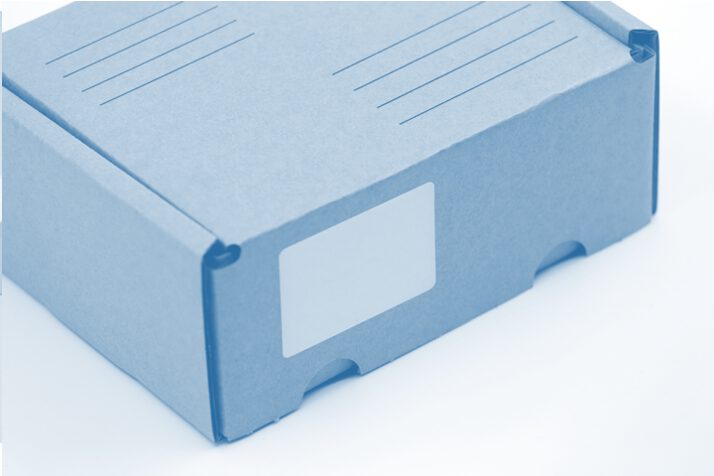- Marschweg 95, 26131 Oldenburg
- info@bvise.de
Menu

With the SAP S/4HANA release, SAP has taken an important step toward sustainable and traceable packaging cycles: the introduction of Serialized Returnable Packaging Materials (RPM). This new feature enables companies to seamlessly track reusable packaging such as crates, containers, or pallets—bringing not only environmental but also economic benefits.
Returnable packaging materials (RPM) are durable packaging carriers that are used multiple times between suppliers and customers—for example, mesh boxes, plastic containers, or special pallets. With the serialization of these packaging materials, SAP is introducing a unique identification for each individual carrier—similar to serial numbers for devices or machines.
The aim of the solution:
With the new release, companies can assign a unique serial number to each individual RPM. This number is tracked across all relevant movements – from shipping to return:
Transparency throughout the entire life cycle: Each packaging carrier can be clearly identified and tracked throughout its entire circulation—including location and status.
More efficient return processes: Knowing exactly when and where packaging was delivered allows returns to be planned and automated in a targeted manner.
Avoidance of costs due to shrinkage: Loss and mix-ups of reusable containers are among the most common causes of unnecessary costs in packaging management. Serialization drastically reduces this risk.
Sustainability & reporting: Reusable packaging can be better controlled and utilized. This actively supports companies in implementing ESG strategies and CO₂ accounting.
Practical application scenarios:
The Serialized Returnable Packaging Materials function is a small but strategically important feature in the SAP release. It bridges the gap between logistics, sustainability, and digitalization, giving you as a company the opportunity to make your packaging logistics more efficient and transparent. Especially against the backdrop of increasing regulatory requirements and growing environmental responsibility, this innovation is a practical lever for making processes smarter and greener.
Feel free to contact us and we will discuss how it can work for you!